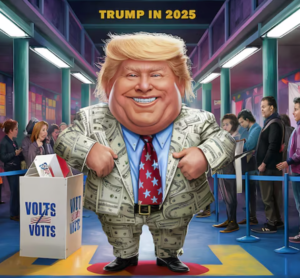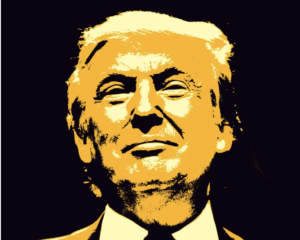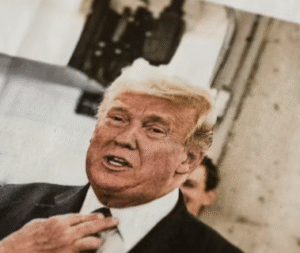#DonaldTrump #JDVance #USPolitics #ChinaPolicy #Election2024 #USChinaRelations #PresidentialRace #PoliticalNews
In a significant move that shapes the contours of his campaign, U.S. presidential hopeful Donald Trump announced JD Vance as his vice-presidential pick earlier this week. In his inaugural speech since this announcement, JD Vance doubled down on a stringent approach to dealing with China, marking a clear continuation of the hardline stance that defined much of Trump’s previous administration. This move is seen as a strategic effort to solidify the support base that responds positively to a tough stance on China, reflecting broader concerns about trade, technology, and national security.
Vance, a former venture capitalist and author of the renowned memoir “Hillbilly Elegy,” has transitioned into a political figure whose views on China align closely with the protectionist and confrontational policies advocated by Trump during his tenure as president. By selecting Vance, Trump seems to be signaling a commitment to prioritize and possibly intensify his administration’s previous efforts to counteract what they perceive as unfair economic practices and security threats posed by China. The choice of Vance emphasizes the campaign’s intention to keep U.S.-China relations at the forefront of national discussion, a topic that has significant implications for trade policies, technology competition, and global diplomacy.
The focus on a hardline approach towards China by both Trump and Vance is likely to catalyze a series of political and economic discussions in the lead up to the 2024 presidential election. It poses a direct contrast to more conciliatory tones or cooperative strategies that might be proposed by other candidates, setting the stage for a debate over the best path forward in managing one of the United States’ most complex and consequential international relationships. As the electoral campaign unfolds, the stance on China adopted by Trump and Vance will undoubtedly play a critical role in shaping foreign policy debates, potentially influencing not only the electoral outcome but the future trajectory of U.S.-China relations.







Comments are closed.